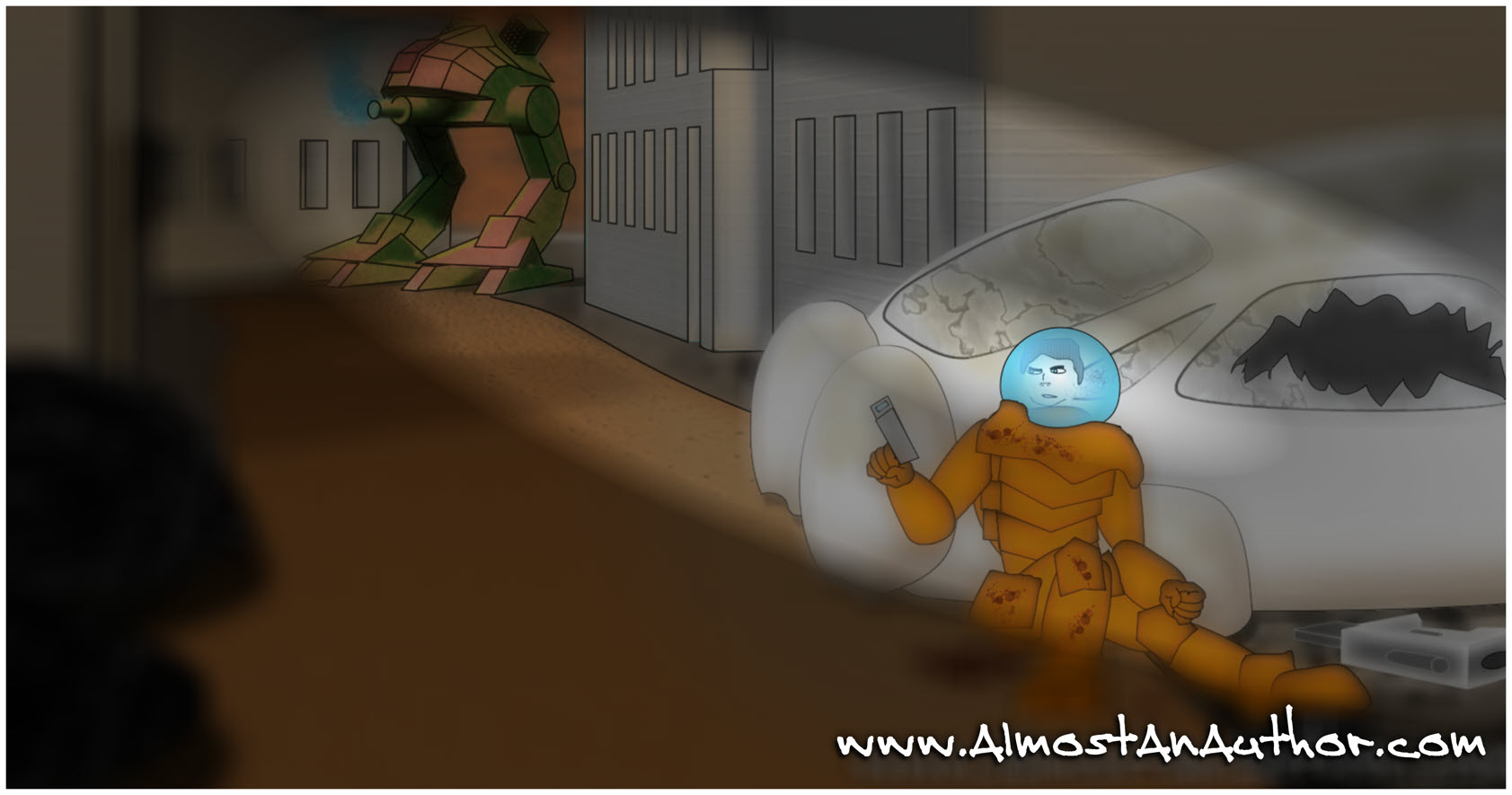Hitler didn’t wake up one day and decide to become one of the most infamous murderers in history. He didn’t get dressed deciding to slaughter Jews. He didn’t eat breakfast one day as a soldier without education or career prospects and the next day become a dictator.
Like any historical enemy, Adolf Hitler experienced a journey in becoming the Hitler history remembers.
Recently a friend and I went to the theater. At the beginning of the movie I was subconsciously rooting for the hero. He’d been presented as the hero after all. We learned his backstory. We empathized.
But then the villain came onscreen. For two hours we watched a grown man devote his entire career to earning his mother’s love. Character-building, engaging stories of the hero interspersed these scenes and drove the plot.
By the time the hero and villain met at the climax my friend and I didn’t know who to root for. Both had strong, heart-wrenching backstories. Both were fighting for their families.
When We Write an Empathetic Villain, We Understand the Hero
Heroes are the crux of a story. They hold the plot together and tie the beginning to the end. The better the hero is written the more engaged the reader will be. As writers, it’s our goal to keep the reader turning pages. The better they understand the villain the hero is fighting, the better they will understand the hero and root for him.
If we want readers to engage at a heart level, we must write villains with hearts the reader can at least understand. With understanding comes further curiosity, and when readers are curious, they turn pages.
Empathetic Villains Put A Spotlight on The Hero
We’ve probably all heard of round versus flat characters. Round characters have a history. A future. A present we care about. When our hero is round, but our villain is flat it makes our hero look weak.
No one cares about a hero who’s fighting a shadow of a person. Readers want a hero who must use every fiber in them to come out victorious. Empathetic villains demand we write heroes worth the title.
Empathetic Villains Help Us Remember the Hero’s Sacrifice
The heroes I remember most are the ones who sacrificed most. The ones who risked everything because of the slim hope they could defeat their villain. When we understand the villain, we understand the cost it took for the hero to defeat him.
That’s a hero worth remembering. That’s a book worth reading again.
I walked away from the theater realizing that for a villain to lead the tension in a story he demands empathy on multiple levels. If readers are to truly engage with the hero, they must empathize with the villain he fights.
As a writer it’s my job to create lasting heroes.
If we can write empathetic villains, we can write truly heroic heroes.
Happy writing!
Sarah Rexford is a Marketing Content Writer, working with brands to grow their audience reach. She studied Strategic Communications at Cornerstone University and focused on writing during her time there, completing two full-length manuscripts while a full-time student. Currently she trains under best-selling author Jerry Jenkins in his Your Novel Blueprint course and is actively seeking publication for two books.
Instagram: @sarahjrexford
Twitter: @sarahjrexford
Web: itssarahrexford.com




 We love helping your growing in your writing career.
We love helping your growing in your writing career.

2 Comments
The film BLACK PANTHER is a textbook masterclass on the need to make your villain empathetic in order to make your hero great. The villain, Killmonger, is so empathetic that you truly understand his struggle to the point that you might even agree with him. He has the heart of a little boy who seeks revenge for his father’s death by the king of a country that has abandoned him. Who can’t empathize with that? Killmonger is only evil because of the means he uses to achieve his goals. These means threaten the people of the country of Wakanda and the immediate family and friends of King T’Challa aka Black Panther.
Very good points! Thanks for the advice.